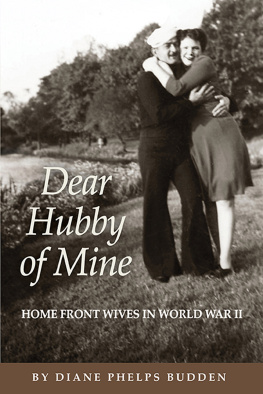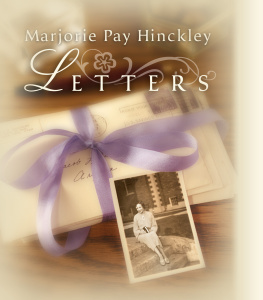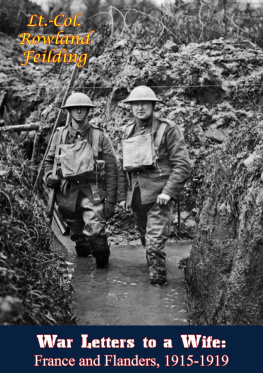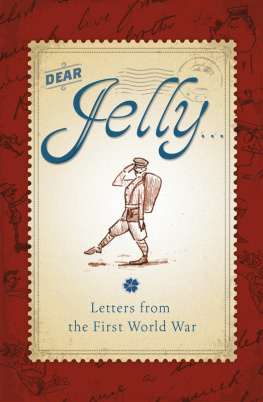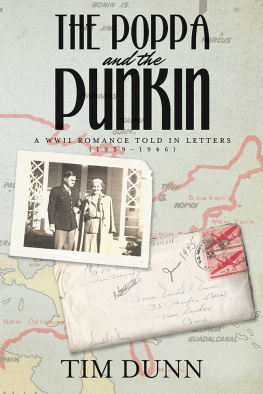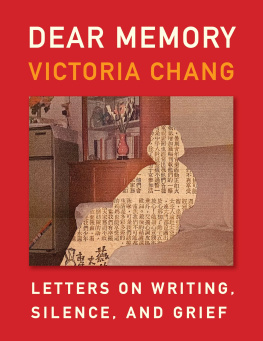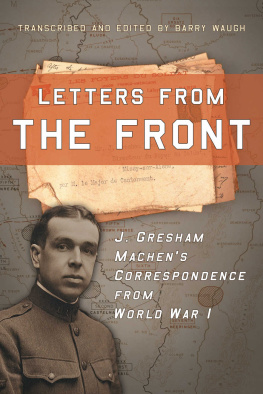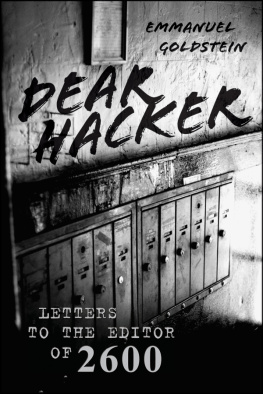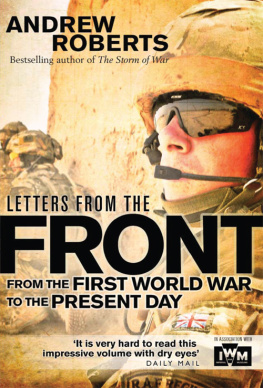Contents
Guide

Mr. and Mrs. Louis Vajda, August 20, 1940
For Mom and DadYour beautiful letters and photos tell the home front war wives story with amazing intensity, clarity, and warmth. Through the letters I learned so much more about you as immigrants and wartime parents. I only wish the book could have been completed in your lifetimes so you could have read it too.
Copyright 2020 by Diane Phelps Budden
All rights reserved. No part of this book may be reproduced in any form or by any electronic or mechanical means, including information storage and retrieval systems, without permission in writing from the author. Requests for permission or any other information should be addressed to Permissions, Diane Phelps Budden, Red Rock Mountain Press, Sedona, Arizona 86336.
Library of Congress Cataloging-in-Publication Data
Budden, Diane Phelps
Dear Hubby of Mine: Home Front Wives in World War II
Includes bibliographic references.
ISBN: 978-0-578-55760-1
eBook ISBN: 978-0-578-55761-8
1. World War II home front
2. Women and World War II
3. World War II love letters
4. Cleveland (Ohio)Hungarians
940.548173
First Edition
All photos are in the authors collection unless otherwise noted. Excerpt from THE GREATEST GENERATION by Tom Brokaw, copyright 1998, 2004 by Tom Brokaw. Used by permission of Random House, an imprint and division of Penguin Random House LLC. All rights reserved.
Most of the war news came from the big cabinet radios that were a fixture in every living roomWith so much action on so many fronts and the filter of military censorship, they were only getting the big picture. For long stretches of time they had no idea exactly where their husbands were or how they were doing. There were millions of these young wives, women in their twenties, their lives in a state of suspension as they awaited the return of their husbands, always dreading that the unexpected knock at the door would be a telegram or their minister with news that he wouldnt be coming back.
The Greatest Generation, Tom Brokaw, 1998
Contents
Preface
July 17, 1945
Dearest: Sometimes I miss you so, dear, I just think I cant go on for another day. I go to bed and honestly dont care if I ever wake up again. It gets just too, too hard to go on alone like this.
Love-Love-Love-Irma
T ouching letters written by a loving couple; musty letters that detail past livesmy parents letters. A housewife and a sailor husband with shared immigrant experiences penned more than 500 letters during World War II, and the letters inform this book. Although research I did at the U.S. National Archives, military libraries, and other sources provide the backdrop for this story, I would not have been able to tell it without the letters. I was lucky my parents lived long lives because I was able to ask questions (although not nearly as many as I should have), ferret out details, and fact-check what I had heard over the years. Like many children, I became more interested in my parents experiences as they aged.
The letters provide a narrative of my parents lives during wartime. Using abridged versions of the letters I was able to weave a loving romantic story with actual events occurring on the home front and the battlefront. The letters are also brought to life through original family photographs and remembrances. To easily distinguish between the letters of Lou and Irma, his letters are printed in italics, hers in bolded italics. I sometimes used portions of the letters as dialogue, augmenting the conversations and experiences I recall.
While many readers may see the story as a touching romance, and it is, others may appreciate the depiction of the country in the 1940s under wartime conditions and how that culture influenced America in the decades to come. Women charted new roles during the war that led to new freedoms in the 1960s. My parents immigrant experiences shed light on the experiences of other minority groups and refugees that came before and after them.
The 75th anniversary of the end of World War II is celebrated in 2020. Like my parents, many of the participants have passed on. While servicemens stories have been broadly told, the tales of the resolute war wives, who had a significant impact on the outcome of the war and the well-being of the country, have not been widely shared. While some women joined the military, and others entered the workforce for the first time, the majority stayed at home to raise children. Dear Hubby of Mine focuses on this latter group of women whose stories have been under-represented and largely uncelebrated in World War II literature.
Heroines of the home front, this is your story.
Introduction
January 23, 1944
Dearest Lou: When you left at the station last week Sunday, I had a little idea in the back of my mind that youd probably be stationed somewhere close enough to come home over weekends. It really never entered my mind that it would be the last time I would see you for a long time. Please say its not so. I just cant bear to think of you so far away and maybe going farther.
The coming of the new baby is so close now. It will keep me busy fixing the clothes, so will have little time for tears. Lola Lee kept looking for you in the bed in the morning. Then would say, Daddy all gone and I would show her your picture and she would say Love Daddy. And honestly, hon, she hugs the picture and kisses your face.
Will write more tomorrow, dear hubby of mine. I hope I get a letter from you soon. Meantime we all send our love and kisses, oodles and oodles of them.
Irma & Lola Lee
W hen I was about ten years old and playing in the dank cellar of our house one summer day, I came upon a few boxes of letters shelved in the old coal bin. I recognized my mothers handwriting on the envelopes: Louis S. Vajda, USS Bull APD-78, Fleet Post Office, San Francisco, California. Other letters were addressed to Mrs. Louis Vajda, 2409 Central Avenue, Cleveland, Ohio. Grabbing some letters, I ran upstairs to the kitchen (smelling deliciously of chocolate chip cookiesmy favorite) and yelled to my mother Can I open these? Can I read them?
My mother came to the top of the stairs, wiping her hands on her apron. What do you have, Diane? she said. I waved the letters over my head. She quickly reached out and took them. These are private, Diane. They werent meant for you to read. She looked at me with her stern faceend of conversation.
I questioned my mother about the letters many times. They were letters my parents had exchanged during World War II when my dad was overseas serving in the U.S. Navy. I wondered why they had to be hidden away in the cellar. I was tantalized by what I couldnt have.
Years later, when my mother was almost 95 years old and both her sight and hearing were failing, I was helping her sort through her things for a move to an assisted living facility when I rediscovered the letters. Imagine my surprise when I asked to have them and she replied Read them if you want to. I dont care anymore.

